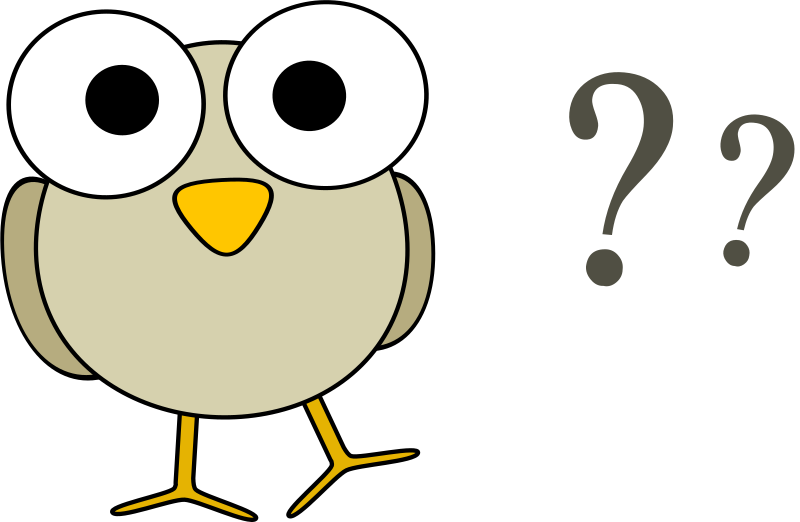Being a full-time writer and a self-published author is a balancing act, and today I feel a little like I'm walking on a tightrope.
Walk the Line
Freelance writers already have a lot of tasks to juggle, because it's common for them to work several gigs at a time. That means that multiple projects have to be completed in a single day; multiple editors and overseers must be appeased. And, if those writers are anything like me, multiple email accounts must be checked.
I check four different email accounts every single day for three different names. And here's the rub: they're all my inboxes. The only way I can manage it all is to compartmentalize. But when you're juggling all sorts of daily writing tasks and you're an indie author, too, things can get a little hectic in spite of your best efforts.
























